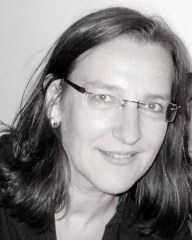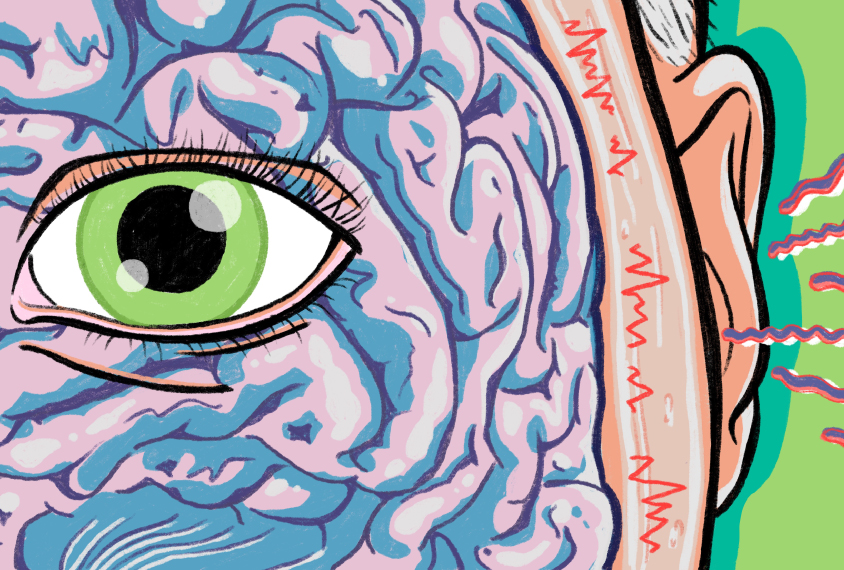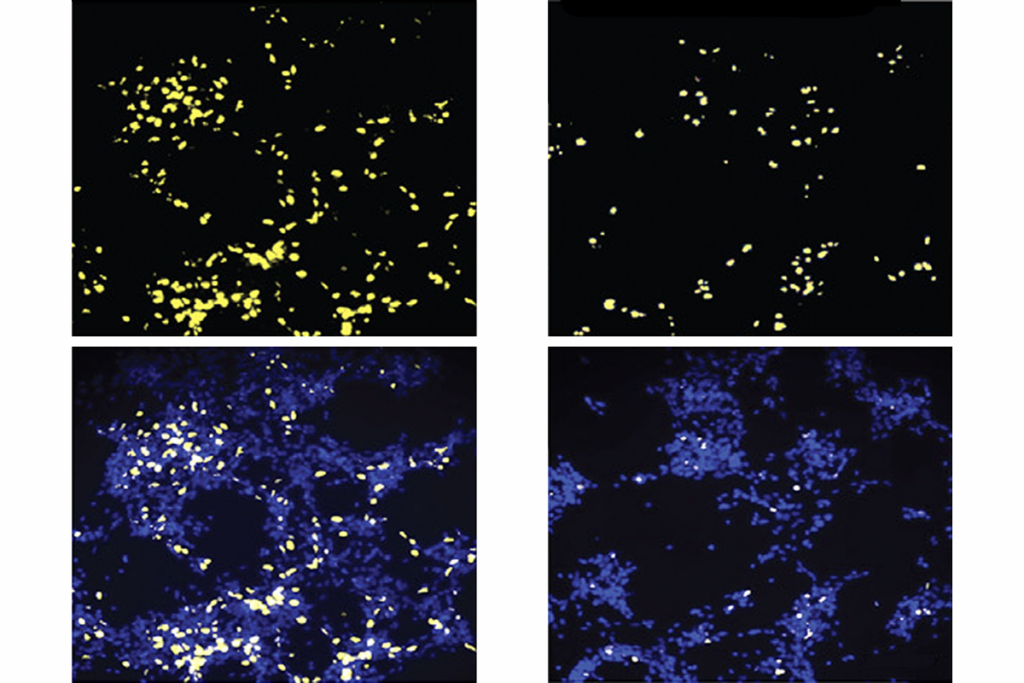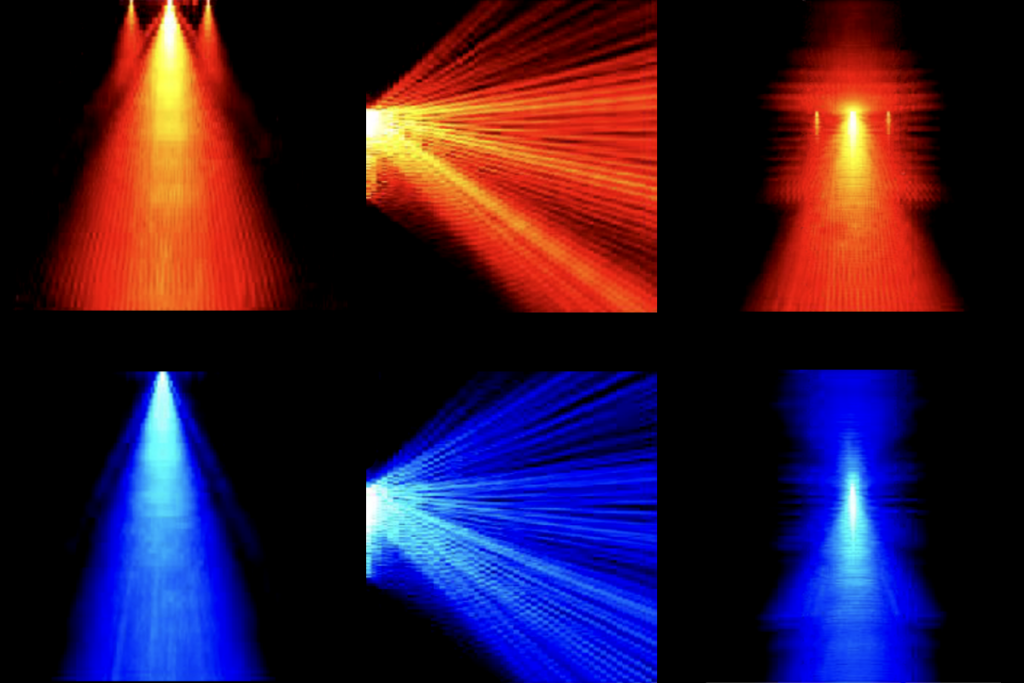Susanne Schmid is associate professor of neurobiology at the University of Western Ontario in Canada.

Susanne Schmid
Associate professor
University of Western Ontario
From this contributor
Sensory troubles may yield key clues to autism’s origins
Studies of the brain’s sensory system may provide unique insight into the brain mechanisms that underlie autism and could point to possible treatments.

Sensory troubles may yield key clues to autism’s origins
Explore more from The Transmitter
Documenting decades of autism prevalence; and more
Here is a roundup of autism-related news and research spotted around the web for the week of 28 April.

Documenting decades of autism prevalence; and more
Here is a roundup of autism-related news and research spotted around the web for the week of 28 April.
‘Perturb and record’ optogenetics probe aims precision spotlight at brain structures
The tool provides a new way to characterize cells and study neuronal circuits.

‘Perturb and record’ optogenetics probe aims precision spotlight at brain structures
The tool provides a new way to characterize cells and study neuronal circuits.
Tracking single neurons in the human brain reveals new insight into language and other human-specific functions
Better technologies to stably monitor cell populations over long periods of time make it possible to study neural coding and dynamics in the human brain.

Tracking single neurons in the human brain reveals new insight into language and other human-specific functions
Better technologies to stably monitor cell populations over long periods of time make it possible to study neural coding and dynamics in the human brain.